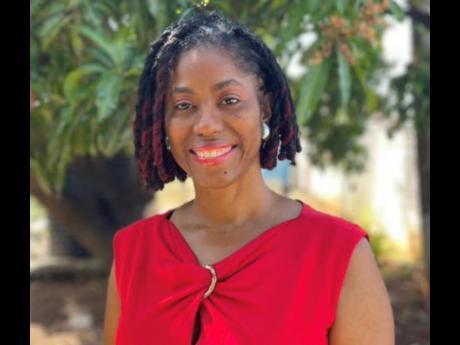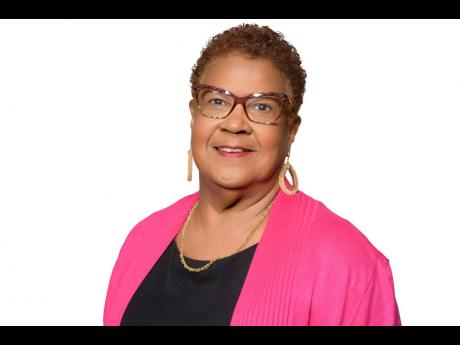Earth Today | Alarm bells ring over climate security in SIDS
ALARM BELLS are ringing about the future of climate security for small-island developing states (SIDS), as a new report reveals that greenhouse gas emissions, which fuel climate change risks and hazards, have exceeded the pre-pandemic levels recorded in 2019.
“Atmospheric greenhouse gas (GHG) concentrations continue to rise and fossil fuel emissions are now above pre-pandemic levels after a temporary drop due to lockdowns associated with the COVID-19 pandemic in 2020 and 2021,” warns the United in Science 2022report of the World Meteorological Organisation (WMO).
“Enhanced action is needed to prevent the continued warming that is increasing the likelihood of irreversible changes in the climate system, known as tipping points,” added the publication.
It was compiled by the WMO under the direction of the United Nations (UN) Secretary-General “to bring together the latest climate science-related updates from key global partner organisations”, including the Global Carbon Project, the UN Environment Programme, and the World Climate Research Programme, among others.
“Recent years saw record-high temperatures and ocean heat. Looking forward, there is a 48 per cent chance that, during at least one year in the next five years, annual mean temperature will temporarily be 1.5 degrees Celsius higher than in 1850-1900,” the report says.
“Billions of people around the world are exposed to climate change impacts. Cities – responsible for up to 70 per cent of human-caused emissions – will face increasing socioeconomic impacts and the world’s most vulnerable populations will suffer most, as seen in recent extreme weather events,” it adds.
These realities have prompted local stakeholders to call for renewed and scaled up adaptation actions for SIDS together with urgent mitigation actions from high-emitting developed countries – particularly as the report also reveals that ‘ambition of new mitigation pledges for 2030 need to be four times higher to limit global warming to two degrees Celsius and seven times higher to get on track to limit global warming to 1.5 degrees Celsius’.
“It is very troubling because it is saying that we are contributing in an accelerated way to GHG emissions, to all that is creating this warming and which is already having tremendous implications for health – the heat waves, the bush fires and so on,” noted Eleanor Jones, sustainable development specialist and head of the consultancy firm, Environmental Solutions Limited.
“We can only play a minor role in reducing GHGs because of where we sit in terms of our production. We must, therefore, look at adaptation, which is what we must do to save lives, reduce loss and damage and contribute to disaster risk reduction,” she added.
The WMO report has itself championed adaptation as an essential part of the solution.
“Adaptation is crucial to lower the risks to climate impacts. Early warning systems can save lives, reduce losses and damages, contribute to disaster risk reduction and support climate change adaptation,” it reads.
There was agreement from Indi McLymont Lafayette, a development communications professional and gender specialist, who has spent years involved in advocacy for climate justice for SIDS.
“It is extremely concerning that emissions are escalating again and pushing us further from the 1.5 target. For SIDS like Jamaica, we have to ‘tek sleep mark death!’ That is, we have to increase our push to have the bigger emitting countries do more to cut emissions! With COP27 coming up, Caribbean countries need to let our voices be heard that without the 1.5 target, we as islands will not survive. We have to strengthen our advocacy in the international arena,” she insisted.



